What to Do If Your Betta Fish Is Not Eating
Updated on 05/26/24
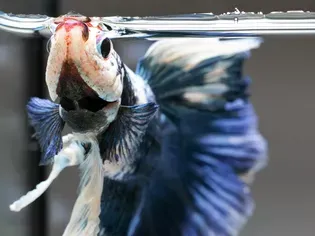
Help! My Betta Fish Isn't Eating: A Comprehensive Guide to Troubleshooting and Solutions
Betta fish, with their vibrant colors and flowing fins, are a popular choice for aquarists worldwide. However, despite their hardy nature, even bettas can experience health issues, including loss of appetite. If your betta has stopped eating, don't panic! This guide will help you troubleshoot the potential causes and provide effective solutions to get your beloved pet back to a healthy appetite.
Understanding the Importance of Nutrition
A balanced diet is crucial for a betta's well-being. Food provides essential nutrients, energy, and vitamins that support their growth, development, and immune function. When a betta stops eating, it can lead to weight loss, stunted growth, and weakened resistance to diseases.
Common Causes of Loss of Appetite in Betta Fish
* Water Quality Issues: Betta fish require pristine water conditions. Ammonia, nitrite, and nitrate levels should be kept at zero, while pH should be between 6.5 and 7.5. Poor water quality can stress the fish, leading to loss of appetite.
* Diseases: Various diseases, such as bacterial, fungal, or parasitic infections, can cause bettas to lose their appetite as they experience pain or discomfort.
* Constipation: Constipation occurs when a betta's digestive tract becomes blocked. This can be caused by overfeeding, eating inappropriate foods, or a lack of exercise.
* Stress: Stress from overcrowding, bullying, or changes in the environment can also lead to anorexia in bettas.
* Age: As bettas age, their metabolism slows down, and they may eat less.
* Boredom: Betta fish can become bored with the same diet day after day. Varying their food choices or providing interactive feeders can stimulate their interest in eating.
Troubleshooting and Solutions
1. Check Water Parameters: Test your aquarium water for ammonia, nitrite, and nitrate levels. If they are elevated, perform water changes to dilute the toxins. Ensure the pH is within the optimal range for bettas.
2. Examine for Disease Symptoms: Observe your betta for any signs of disease, such as lethargy, fin rot, or white spots. If you suspect a disease, consult a veterinarian for diagnosis and treatment.
3. Relieve Constipation: Offer your betta small, live foods such as brine shrimp or bloodworms. These foods are easy to digest and can help move food through the digestive tract. Avoid overfeeding and provide plenty of exercise.
4. Reduce Stress: Provide your betta with ample space, hiding places, and enrichment activities to keep them relaxed. Remove any aggressive tankmates or potential stressors.
5. Consider Age: Senior bettas may need a smaller amount of food. Reduce their feeding portions and offer easily digestible foods.
6. Vary the Diet: Betta fish appreciate variety in their meals. Offer a mix of live, frozen, and pellet foods. Try using floating feeders or interactive toys to stimulate their hunting instincts.
7. Try Different Foods: If your betta is still not eating, experiment with different food types. Consider offering worms, insects, or finely chopped vegetables.
Prevention Tips
* Regularly maintain excellent water quality by performing partial water changes.
* Quarantine new fish before adding them to the main tank to prevent disease transmission.
* Avoid overfeeding. Feed your betta small portions several times a day.
* Provide a stress-free environment with plenty of space and hiding spots.
* Vary the diet to keep your betta interested in eating.
When to Seek Veterinary Help
If you have tried the above steps and your betta is still not eating, it is important to seek veterinary attention. Underlying medical conditions may require professional diagnosis and treatment.
Conclusion
Loss of appetite in betta fish can be a cause for concern, but with proper troubleshooting and solutions, you can help your pet regain a healthy appetite. Remember, maintaining excellent water quality, preventing disease, reducing stress, and providing a balanced diet are crucial for the well-being of your betta fish. By following the guidance provided in this guide, you can ensure your beloved pet enjoys a long and healthy life.
Explore More Pets
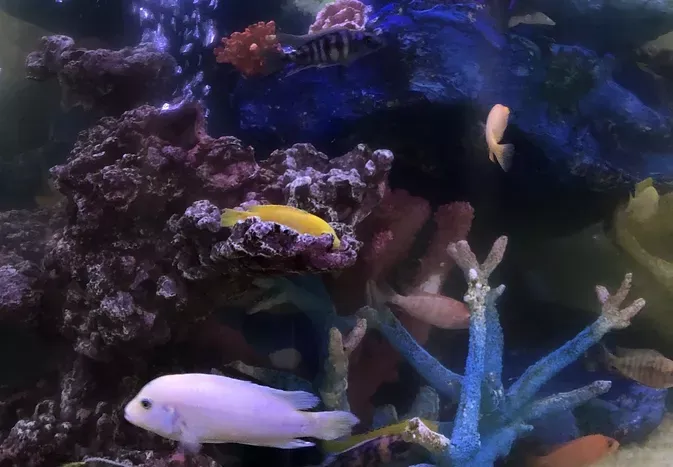
Freshwater Aquarium Filters
How to Deal With Cloudy Aquarium Water
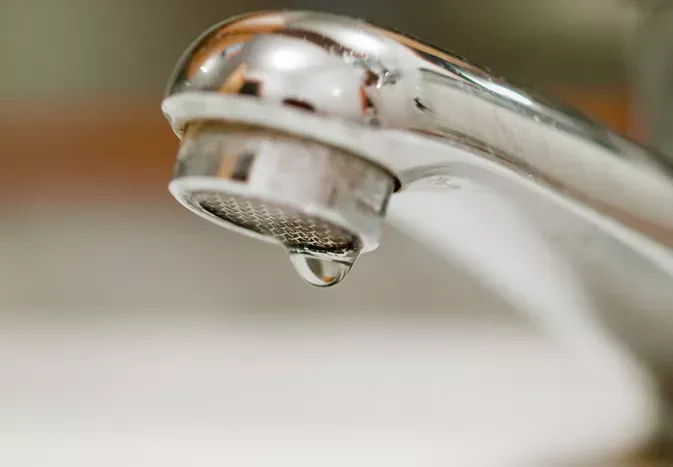
Saltwater Aquarium Filters
How Do You Remove Chloramines From Tap Water?
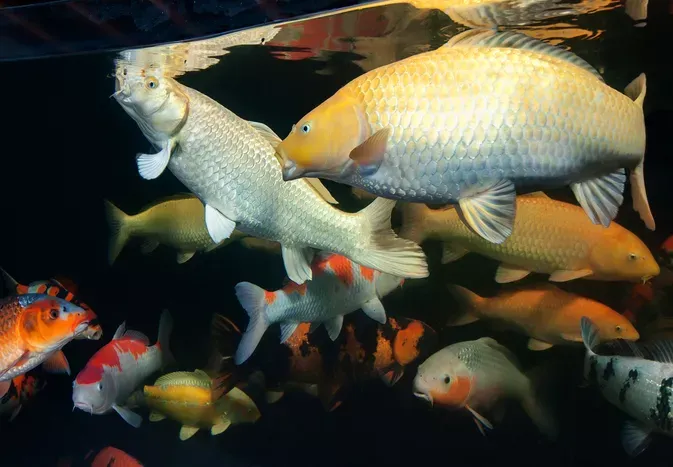
Freshwater Aquariums & Habitat
Can I Keep My Koi Fish Inside?
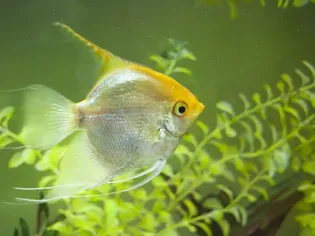
Saltwater Aquariums & Habitat
14 Best Floating Plants for Your Aquarium
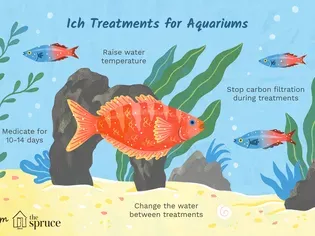
Freshwater Fish Health
How to Treat Ich on Freshwater Fish
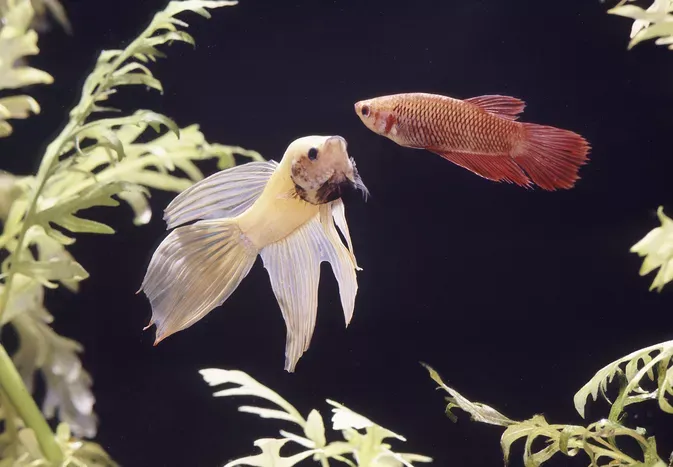
Saltwater Fish Health
Fin Rot in Aquarium Fish
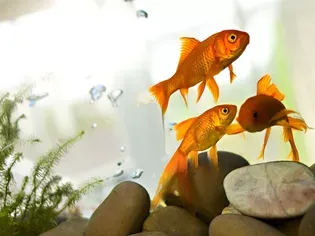
Freshwater Aquarium Filters
How to Do Aquarium Water Changes
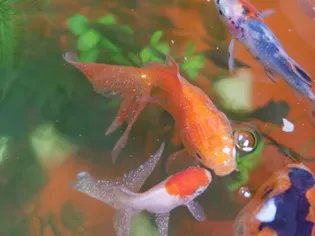
Saltwater Fish Health
How Do Fish Get Parasites?
